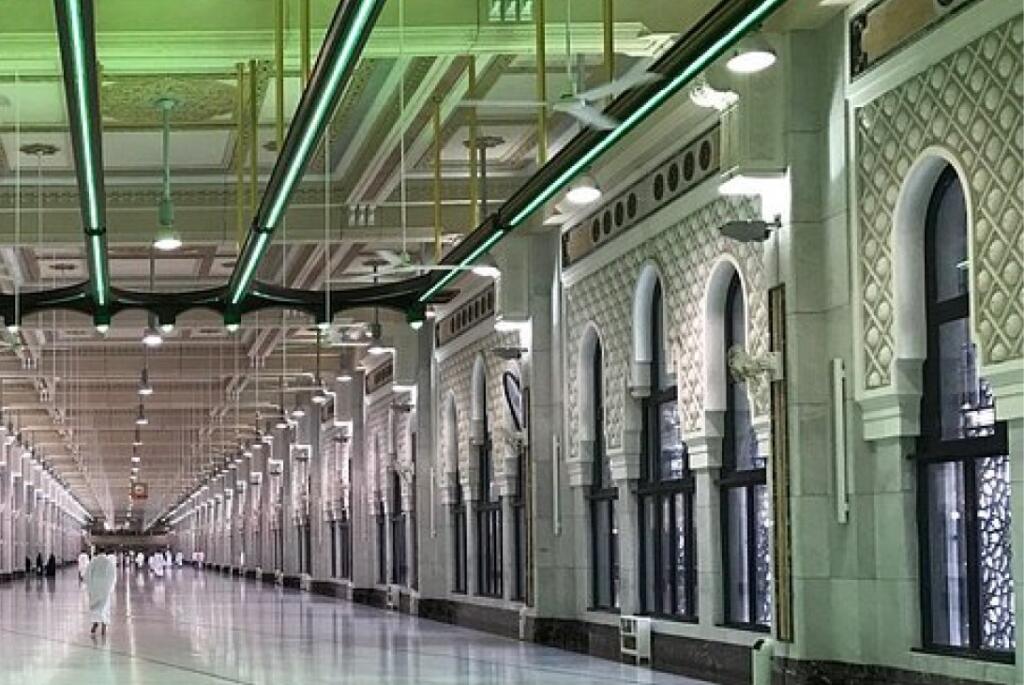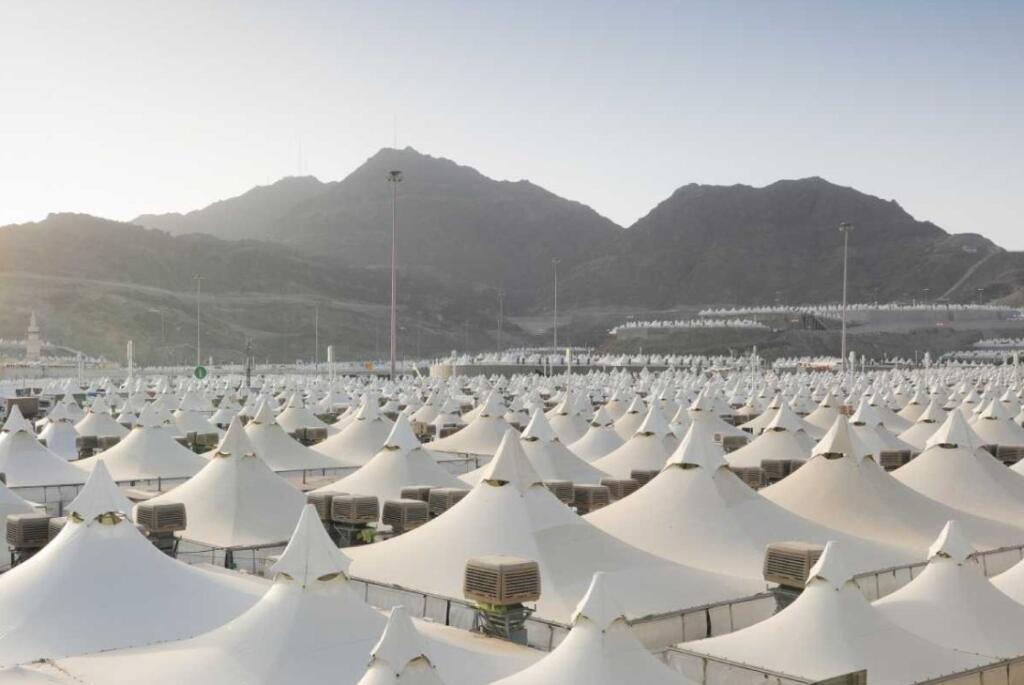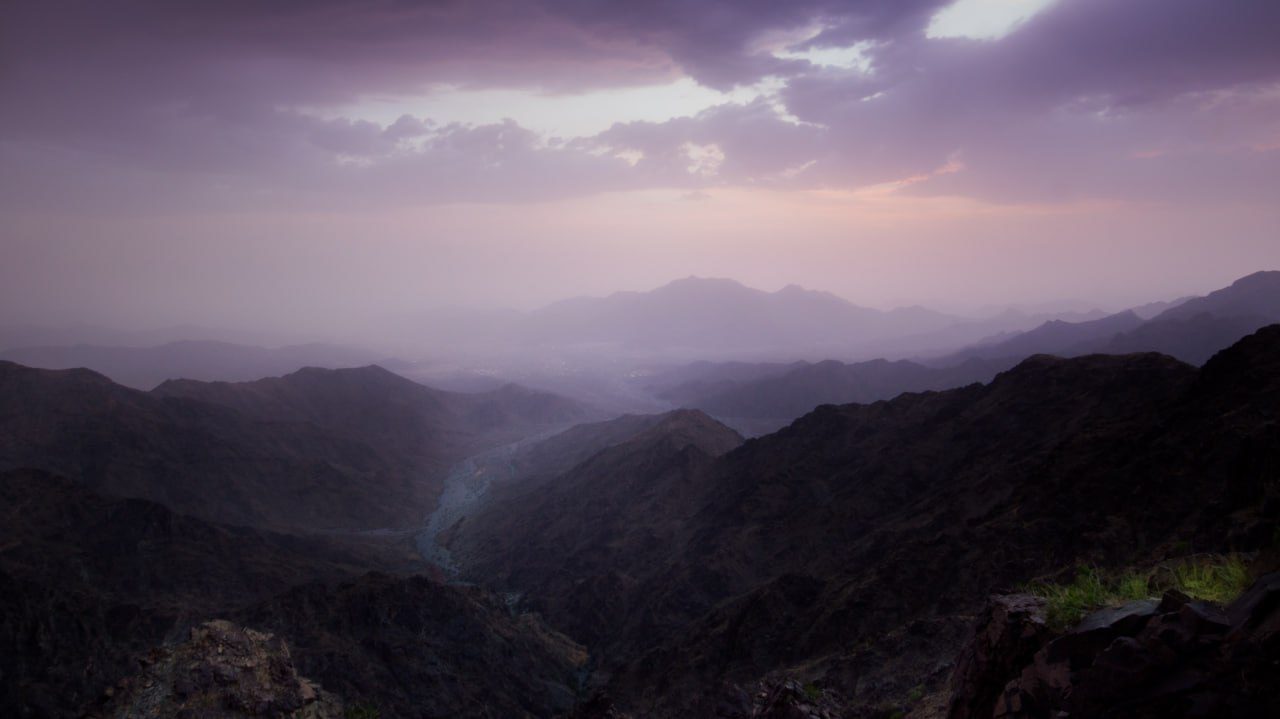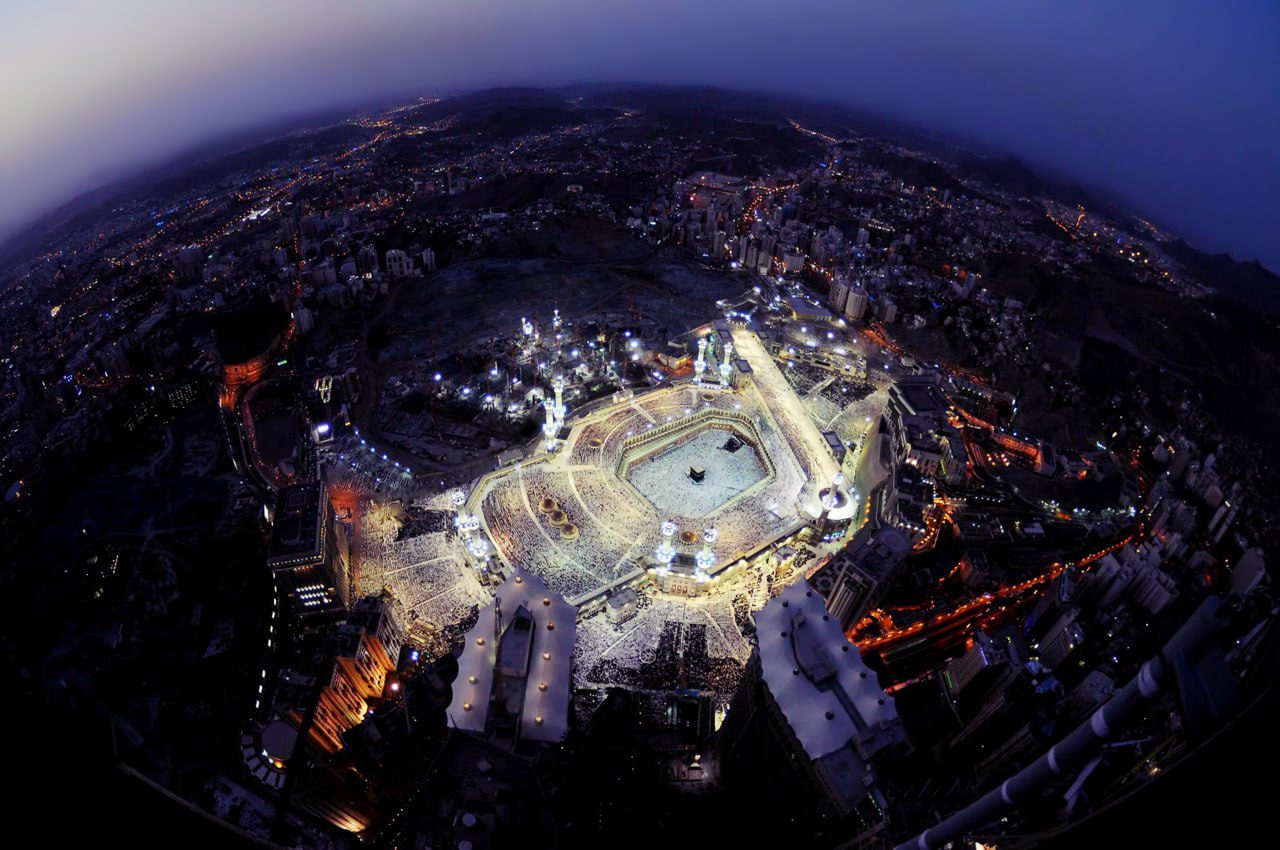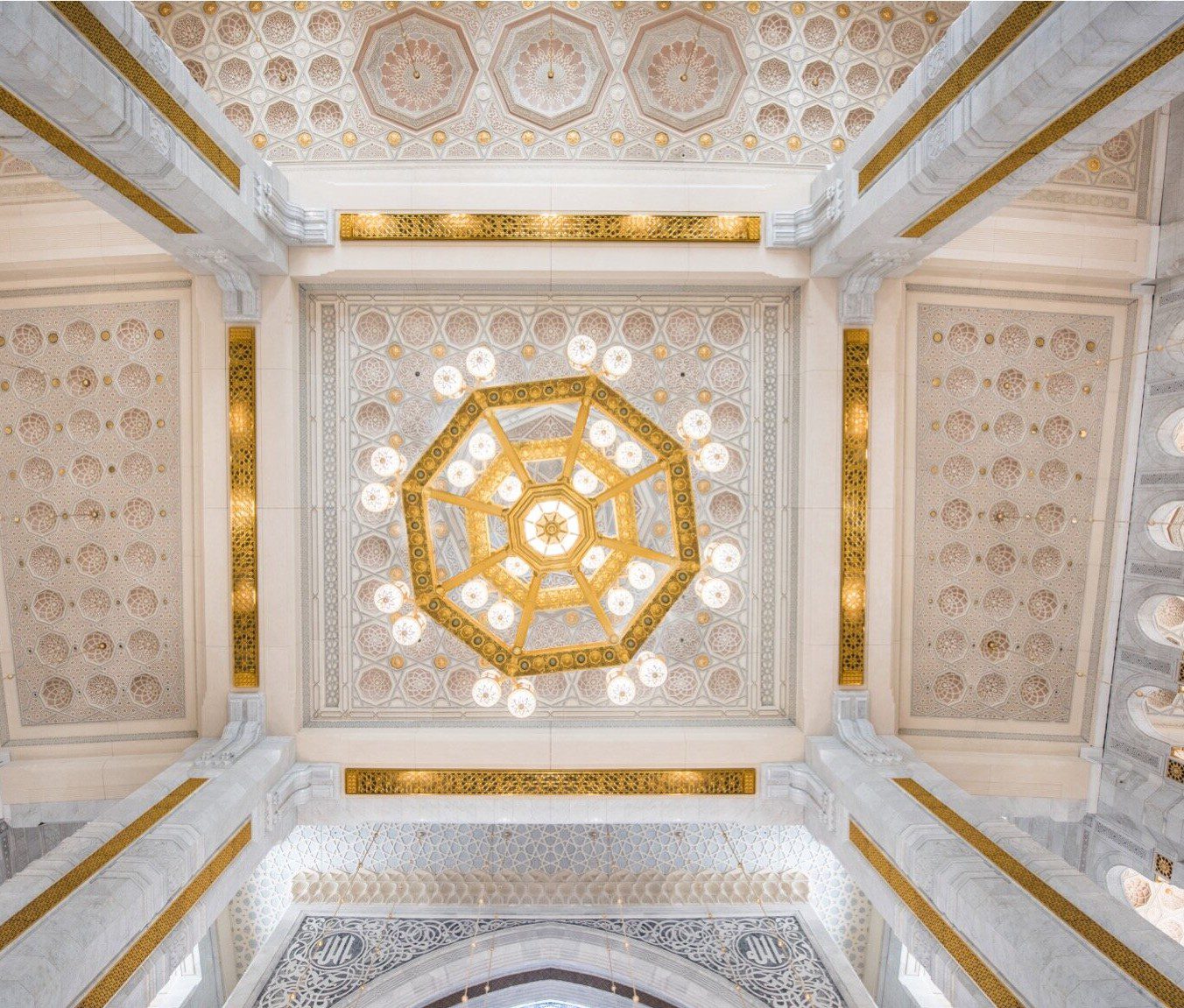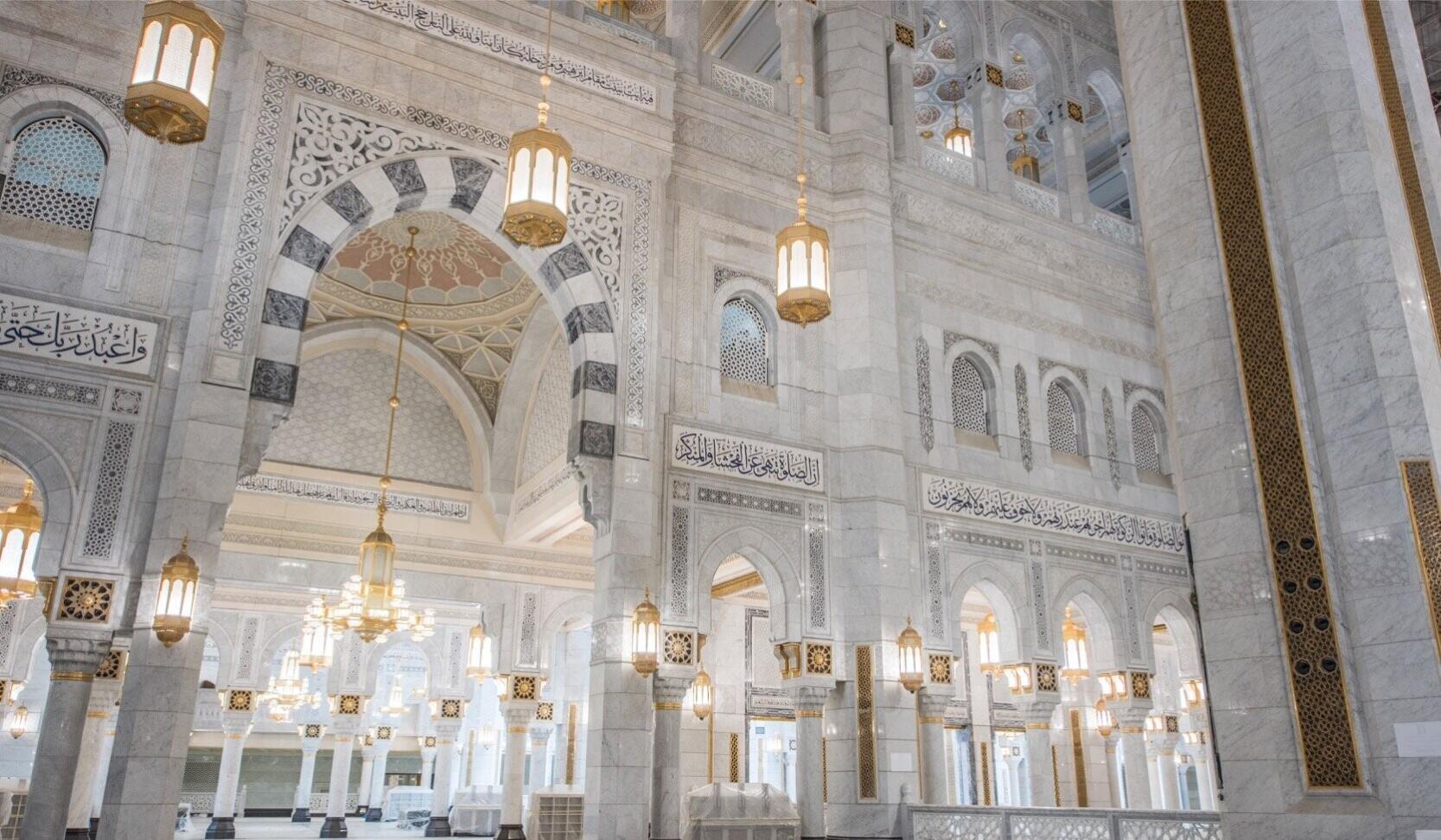After finishing ʿumrah, the Prophet ﷺ and his companions (radiy Allāhu ʿanhum) stayed at Abṭaḥ for four days, from Sunday to Wednesday.
He ﷺ was very caring and empathetic and didn’t go to the Kaʿbah on those days as it would have been difficult for all of his companions to do so.
Tip: Don’t exhaust yourself physically in the days leading up to ḥajj. Save your energy for the intense days ahead. At the same time, do not waste your time socialising, shopping or scrolling on your phone. These are precious days. Fill them with mindful worship, so your heart is spiritually prepared when ḥajj begins.
Maximise the Best Days of the Year
Now that you have completed your ʿumrah (depending on your circumstance), you may have a few days to spend in Makkah before the days of ḥajj begin. Make the most of these days , especially from the moment the new moon of Dhul Ḥijjah is sighted, as these are the best days of the year. The Messenger of Allah ﷺ said, “There are no days on which righteous deeds are more beloved to Allah than these ten days (the first ten days of Dhul Ḥijjah).” The (Companions radiy Allāhu ʿanhum) asked, “Not even jihād in the path of Allah?” The Messenger of Allah ﷺ replied, “Not even jihād in the path of Allah, unless a man goes out himself for jihād taking his wealth with him and does not return with anything from it” (Tirmidhī).
Salah
Don’t miss out on the immense rewards of praying in the ḥaram. Praying in the ḥaram earns you the reward of 100,000 prayers, and praying in al-Masjid al-Nabawī grants you the reward of 1,000 prayers (Ibn Mājah).
Prioritise performing the five farḍ prayers in congregation to the best of your abilitiy, including all the additional sunnah prayers and perform them with full concentration, calmness and tranquillity (i.e. with full khushūʿ). Use this opportunity to also perform the voluntary prayers e.g. ṣalāh al-ḍuḥā and tahajjud.
Perform Abundant Dhikr
Just as the recitation of the Qur’ān is the hallmark of Ramaḍān, dhikr is the hallmark of the blessed days of Dhul Ḥijjah. The Messenger of Allah ﷺ said, “There are no days greater in the sight of Allah, or in which good deeds are more beloved to Him than these 10 days. So recite a great deal of tahlīl (لَا إِلٰهَ إِلَّا اللّٰهُ), takbīr (اَللّٰهُ أَكْبَرُ) and taḥmīd ( اَلْحَمْدُ لِلّٰهِ”) (Aḥmad).
In these blessed days, try to be consistent with the daily dhikr prescribed by our beloved Messenger of Allah ﷺ, such as the morning and evening adhkār, the adhkār before sleeping and the adhkār after ṣalāh. (Refer to the Dhikr&Dua app by LWA)
To truly benefit from dhikr in these blessed days, take time out to understand the meaning of these short yet comprehensive words. Utter them with a deep reflection on the Perfect Names and Attributes of Allah, and His creation, so that you can increase your īmān in Him, and your love and awe of Him.
Recite Abundant Takbir
Recite abundant takbīr from the 1st of Dhul Ḥijjah:
اَللهُ أَكْبَرُ اَللهُ أَكْبَرُ ، لَا إِلٰهَ إِلَّا اللهُ وَاللهُ أَكْبَرُ ، اَللهُ أَكْبَرُ وَلِلّٰهِ الْحَمْدُ
Allah is the Greatest. Allah is the Greatest. There is no god worthy of worship but Allah and Allah is the Greatest. Allah is the Greatest and all praise is for Allah Alone.
ʿAbdullāh b. ʿUmar and Abū Hurayrah (radiy Allāhū ʿanhum) would go out in the marketplaces and recite takbīr loudly in these 10 days. Upon hearing them, the people would follow in suit and recite takbīr.
“I came across people who would say the takbir in the 10 days of Dhul-Ḥijjah (so frequently and loudly) that I would compare it to the crashing of waves.” – Maymūn b. Mahrān (raḥimahullāh)
Continue Repeating the Talbiyah
If you are performing ḥajj qirān or ḥajj ifrād (in which case you have not come out of the state of iḥrām), you should continue with talbiyah. See talbiyah article.
Qur’an
The predecessors encouraged pilgrims to complete the recitation of the Qur’ān (khatmah) before they return home. Increase your recitation of the Qur’ān. Recite calmly, beautifully and reflect on what you recite. If you do not understand Arabic, read the translation and read or listen to the tafsīr (explanation).
Tip: Recite the āyāt that mention ḥajj, the Kaʿbah and Ibrāhīm (ʿalayhis-salām). Read their tafsīr, and reflect deeply on their meanings. Let these verses guide your heart and mindset throughout your ḥajj.
Janazah Salah
After nearly every ṣalāh in Makkah and Madinah, you will have the opportunity to perform the janāzah prayer. Take advantage of this, especially if you are normally unable to attend the janāzah ṣalāh. The reward is immense. The Prophet ﷺ said, “Whoever attends a funeral until the ṣalāh is offered will have (the reward of) one qīrāṭ. And whoever stays until the burial will have two qīrāṭs.” It was asked, “What are the two qīrāṭs?” He replied, “Like two great mountains” (Bukhārī). Let each janāzah be a reminder of death and of the fleeting nature of this life.
Tip: Use this opportunity to memorise additional duʿās for the janāzah ṣalāh, as you will find that there is ample time for duʿā’ after the third takbīr. Refer to the Dhikr&Dua App by LWA for the duʿās.
Reflect: Imagine yourself alone in the darkness of the grave: stripped of your clothing and wealth, with no family to comfort you and no friends to help you.
Act: Each time you perform the Janāzah prayer, ask yourself: What did I do today to prepare myself for death? If the answer is nothing, then do something now to prepare yourself for death.

